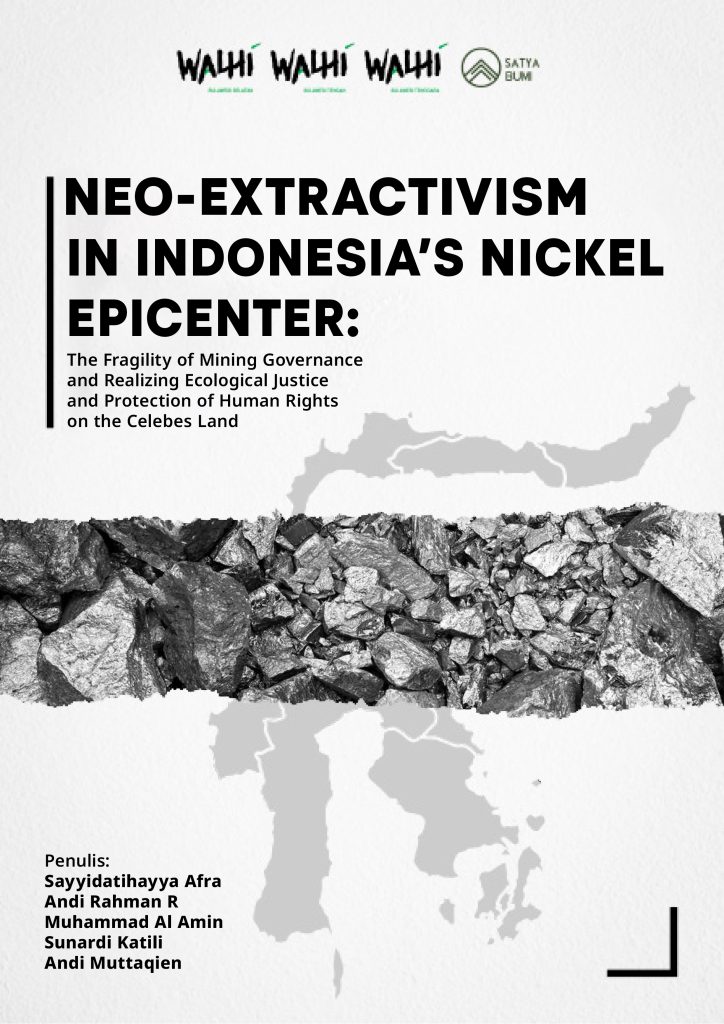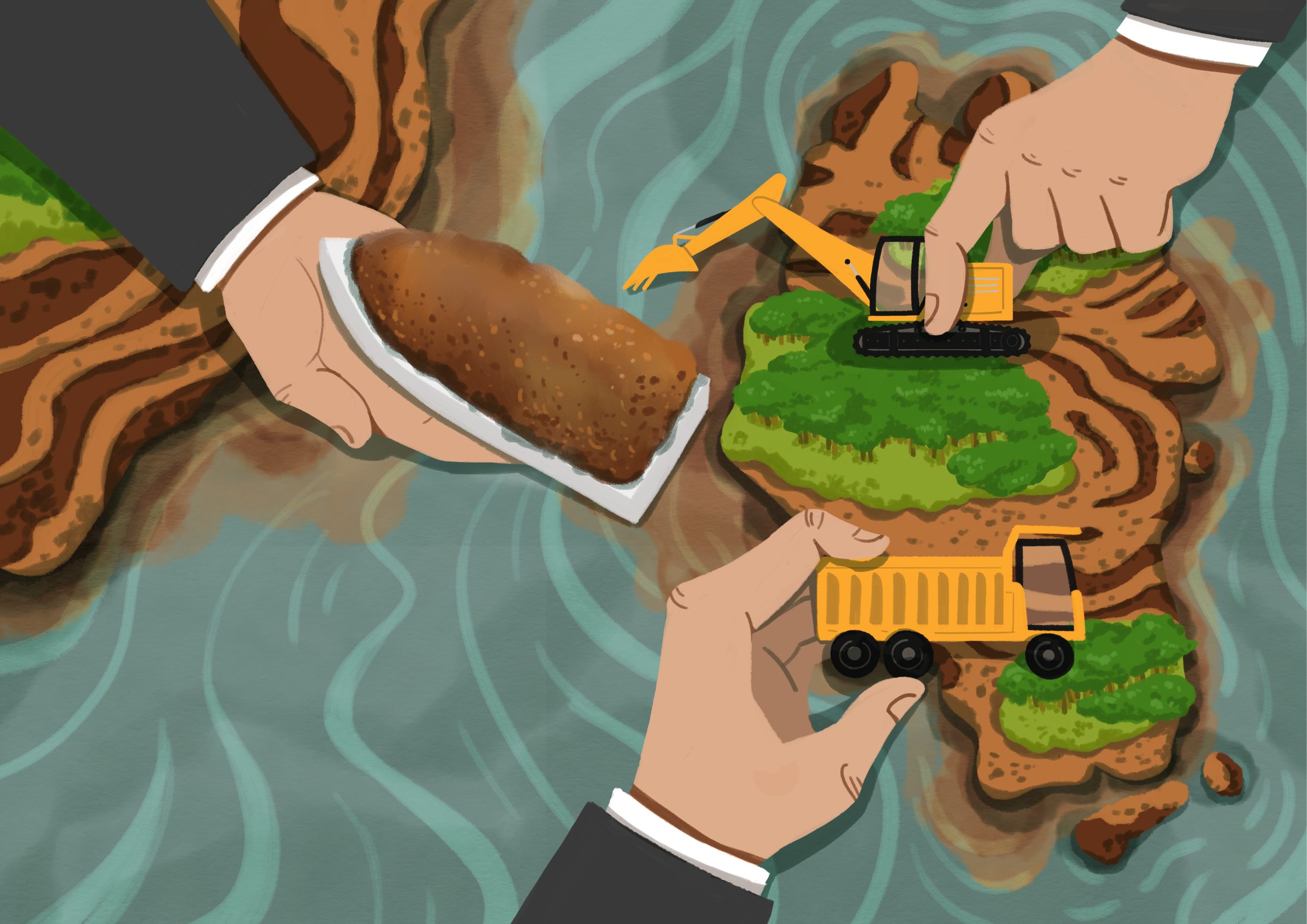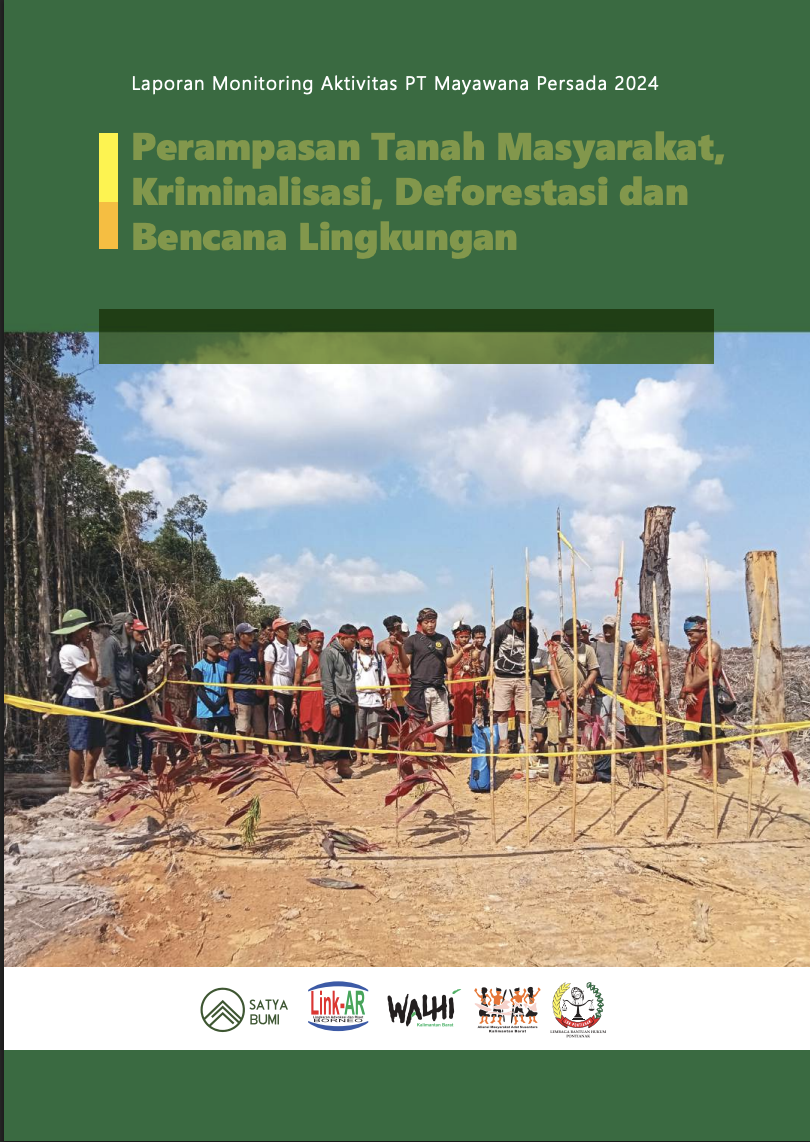[ENGLISH VERSION] The preparation of this policy paper was made to look at the relationship between the impact of the global nickel supply chain on the increasingly massive expansion of nickel mines in Sulawesi with a focus on; 1) examine the socio-environmental and human rights impacts resulting from the implementation of the neo-extractivist model of nickel mining in Indonesia, especially Sulawesi as one of the largest nickel producing islands; 2) identify various mining regulations and governance that can support the development of neo-extractivist politics in Indonesia; 3) contains the formulation of policy recommendations to minimize the impact of nickel mining extractive activities.
The preparation of this policy paper was based on research reports and field observations by Walhi Southeast Sulawesi, Walhi South Sulawesi, and Walhi Central Sulawesi which had identified social and environmental impacts as well as human rights violations due to increasingly expansive nickel mining activities in Sulawesi. The social and environmental impacts that have been identified are then analyzed based on a human rights perspective, including providing accentuation based on a business and human rights perspective. In addition, the social and environmental impacts that become victims’ epistemic experiences are analyzed through the perspective of environmental (ecological) justice and climate justice with a gender and multispecies perspective.








